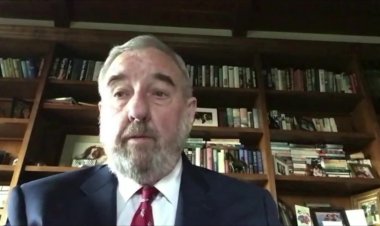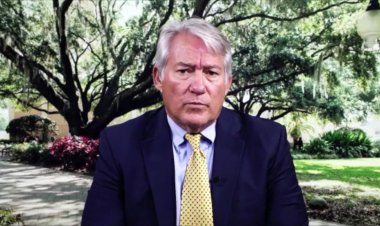Hungary rejects ICC arrest warrant for Netanyahu

Hungarian Prime Minister Viktor Orban said he would invite Israeli Prime Minister Benjamin Netanyahu to visit and Budapest would not observe an International Criminal Court (ICC) arrest warrant against him.
The ICC issued arrest warrants for Netanyahu and his former defense chief, as well as a Hamas leader, Ibrahim Al-Masri, for alleged war crimes and crimes against humanity in the Gaza conflict.
Orban, whose country holds the European Union's rotating six-month presidency, told state radio that the ICC's arrest warrant was "wrong" and said the Israeli leader would be able to conduct takes in safety in Hungary.
"Today I will invite Israel's prime minister, Mr. Netanyahu, for a visit to Hungary and in that invitation I will guarantee him that if he comes, the ICC ruling will have no effect in Hungary, and we will not follow its contents," Orban said.
The Israeli government later released a letter in English sent by Orban to Netanyahu calling the ICC's decision "shameful" and "disgraceful" and extending an invitation to visit Hungary.
Since Orban and his nationalist Fidesz party swept to power in 2010, he and Netanyahu have forged close political relations. Netanyahu visited Budapest in 2017.
Israeli leaders and the White House have strongly condemned the ICC decision, while EU foreign policy chief Josep Borrell said the warrants were not political and that all EU member states should respect and implement the court decision.
The European Union and the Netherlands have voiced support for the arrest warrants issued by the ICC for Israeli Prime Minister Benjamin Netanyahu, as well as his former defense minister and a Hamas military commander.
In a statement, the ICC's pre-trial chamber accused Netanyahu and former Israeli Defense Minister Yoav Gallant of committing "crimes against humanity and war crimes" between at least Oct. 8, 2023 and May 20, 2024, the date when the prosecution submitted the arrest warrant applications.















